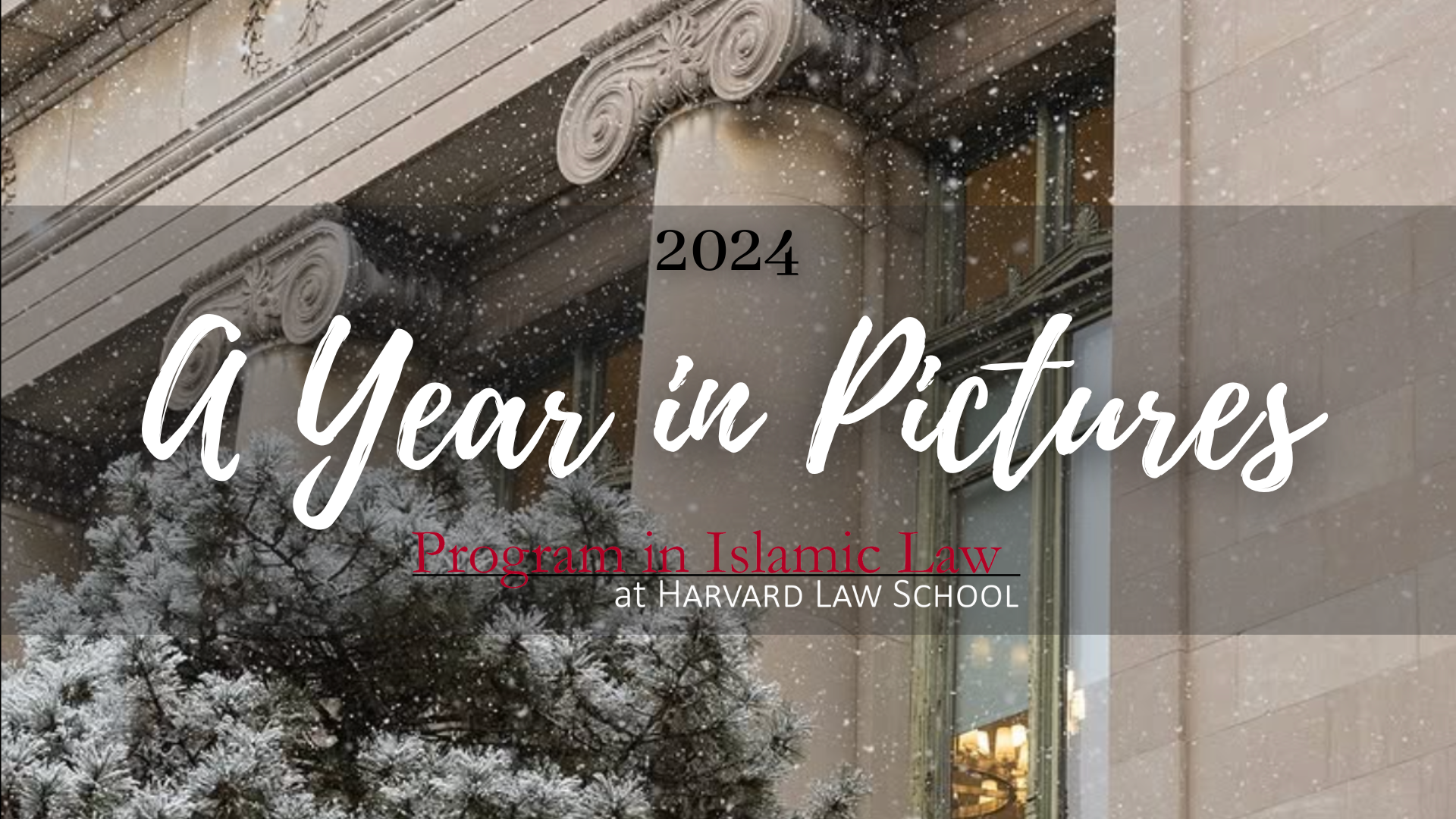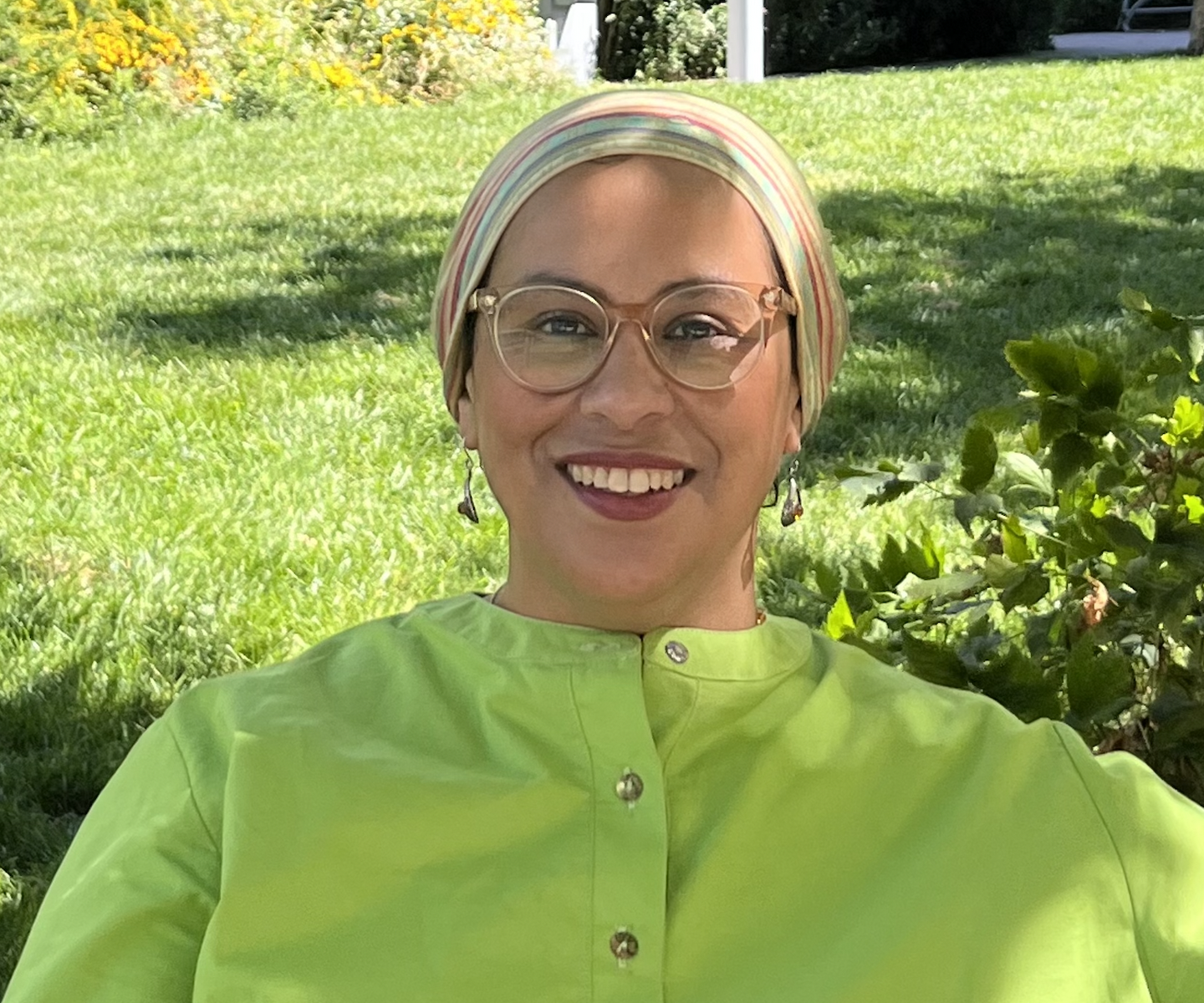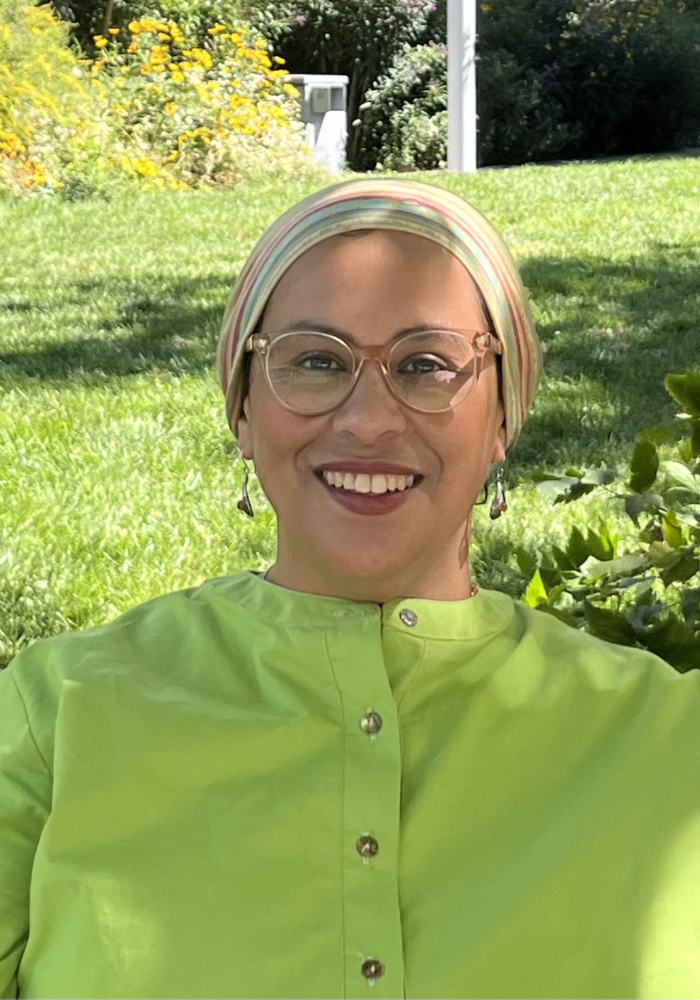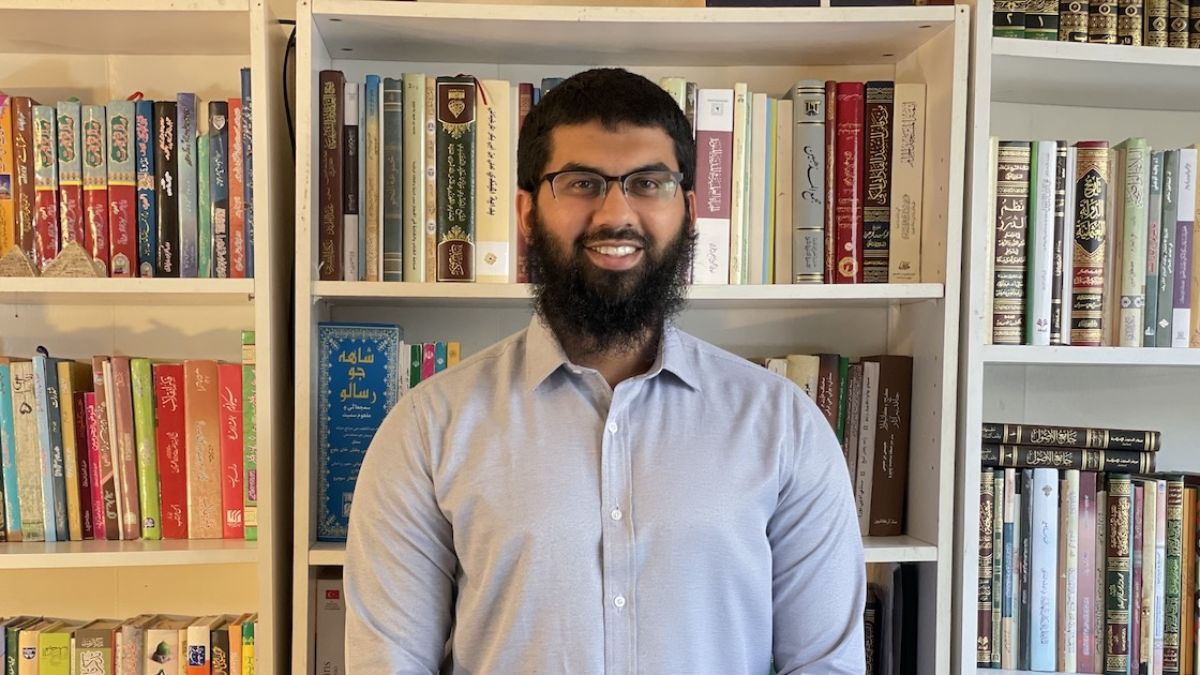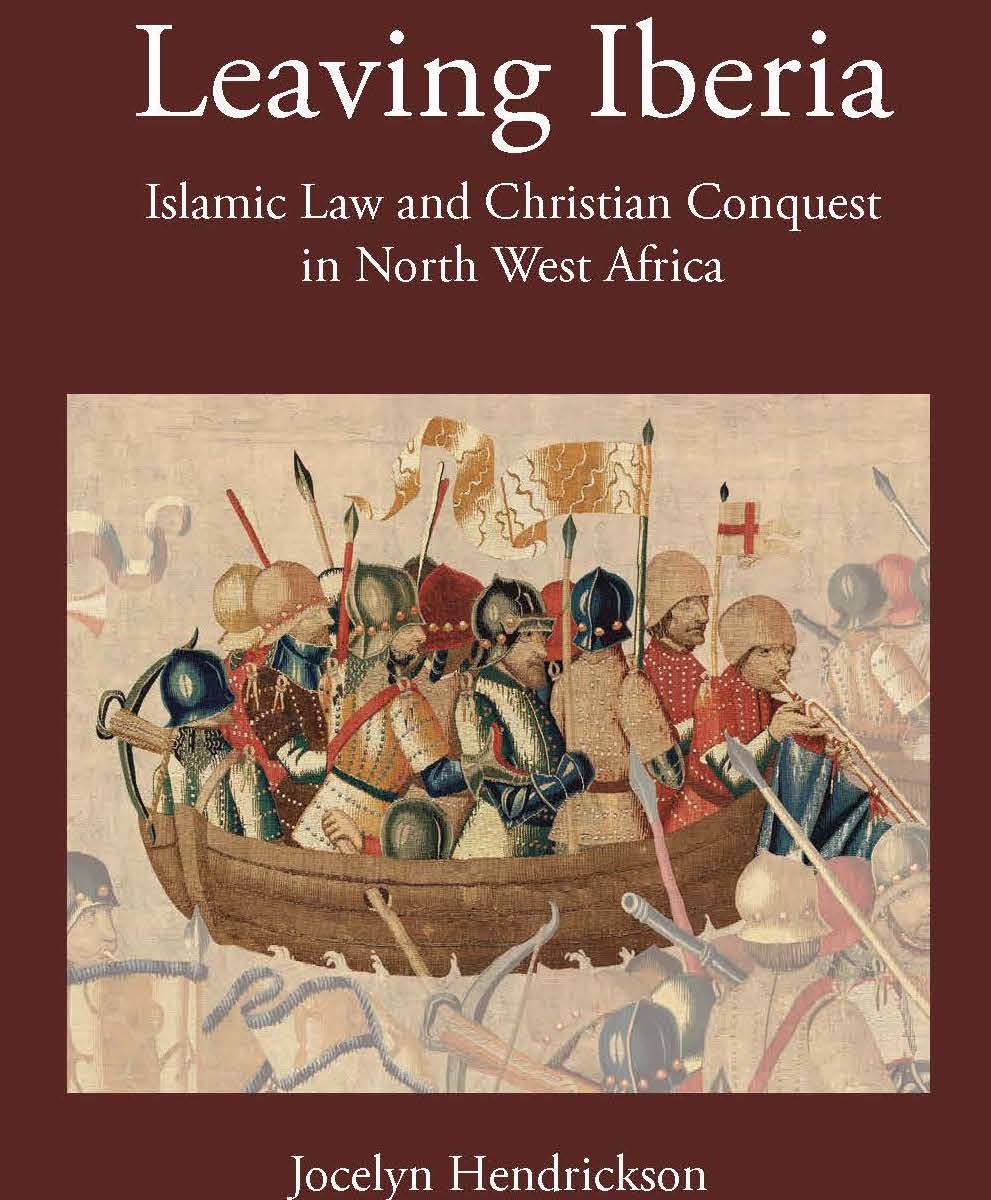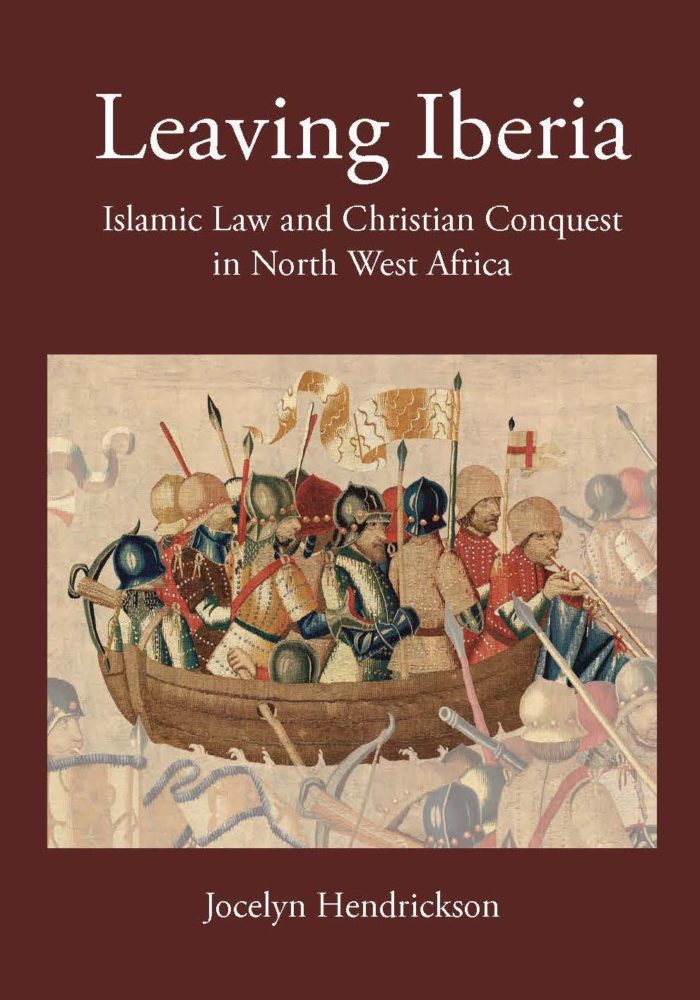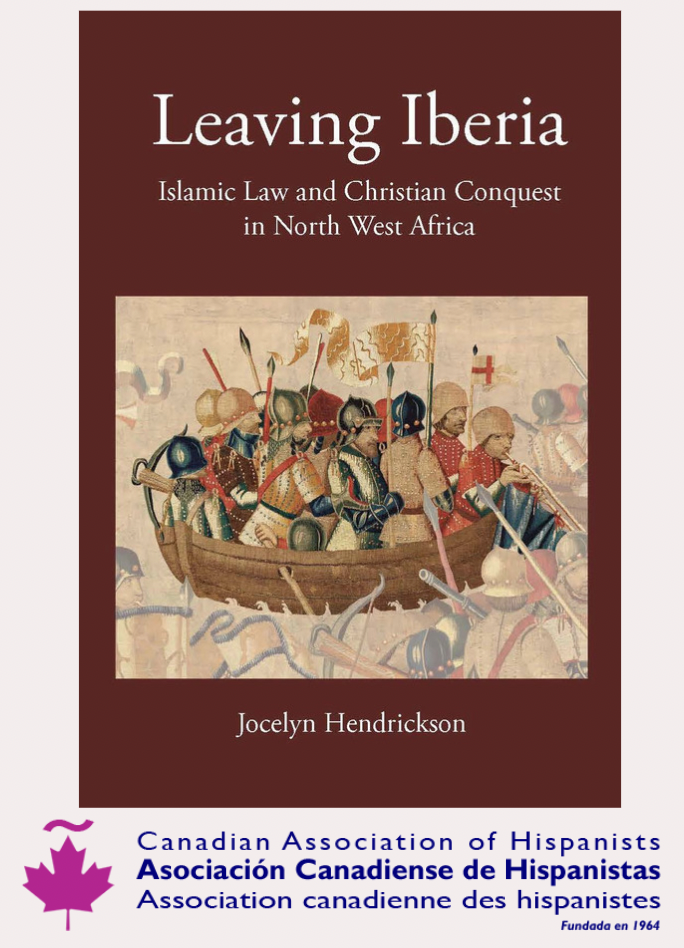Year-in-Review
Posted on January 15, 2025
As we kick off the new year, we reflect on the highlights of the past year at the Program in Islamic Law and the SHARIAsource Lab! We’ve brought it all together with a video montage of the year in pictures and a summary of all the progress we made in 2024.
First are the events. We began the year with a Roundtable on Transformation and Adaptation of Ottoman Land Law in 19th-Century Successor States organized by Fatma Gül Karagöz, which featured a series of papers on the interpretation and adaptation of Ottoman land law in the 19th century, and concluded with a live roundtable. We also kicked off 2024 with the Islamic Law Speakers Series! Last spring, Mohammed Allehbi, gave a talk on “Creating a new Criminal Law: The Military-Administrative origins of Siyasa,” Youcef Soufi joined us for a book talk on his recent publication, The Rise of Critical Islam: 10th-13th Century Legal Debate (Oxford University Press, 2023), Fatma Gül Karagöz presented “The Transition of Ottoman Land Law: Theory and Practice between 16th-18th Centuries,” and Phillip Wood spoke about his book, The Imam of the Christians: The World of Dionysius of Tel-Mahre, c. 750–850 (Princeton University Press, 2021). The lecture series continued this fall with a book talk by Recep Şentürk on Ādamiyyah: An Islamic Approach to Universal Human Rights (Usul Academy Press, 2025), a presentation by Ali Rod Khadem titled “Islamic Apocalyptic Jurisprudence: End-Times Law in Sunnī and Shīʿī Discourses” (Islamic Law and Society 31 (3), 2024), and a book talk by our PIL-LC Research Fellow, Bahman Khodadadi titled On Theocratic Criminal Law: The Rule of Religion and Punishment in Iran (Oxford University Press, 2024). We hope that these events’ videos—posted on the PIL website and Vimeo channel—will whet your appetite for the series to come this spring.
Then there are the publications. We published the fifth volume of the Journal of Islamic Law: a special issue on “Governing Islam: Law and the State in the Modern Age.” The Islamic Law Blog—which reached almost 100,000 readers in 2024—published nearly 200 new works of scholarship such as short essays and scholarly commentary by experts in the field, resource roundups, and weekly roundups on new scholarship and key news or cases related to Islamic law, including last year’s Roundtable on the Transformation and Adaptation of Ottoman Land Law in 19th-Century Successor States. Some of the Blog’s top essays in 2024 include “Fatwās on Cryptocurrency,” “Experiments in Mapping Islamic Legal Canons,” and “Islamic Legal Canons as Memes.”
Next are the experiments we’re doing with data science and AI + Islamic law in the SHARIAsource Lab. Led by Professor Intisar Rabb and data scientist Noah Tashbook, Lab members from the law school and graduate schools worked together to build a data set for analyzing Islamic law with digital humanities tools—working on a platform for parsing and displaying legal canons in ways accessible to researchers interested in new ways to access older texts. Our core suite of applications and tools SHARIAsource-Analytics, SHARIAsource-Metadata, and SEARCHstrata result from collaborations between scholars, data scientists, and students. We believe that, in the age of AI, these collaborative efforts will revolutionize the field by facilitating new research and insights into Islamic law and history. Curious about the Lab’s most recent activities? Read the recent report on our experiments in mapping Islamic legal canons to get a sense of the work underway and the tools in development. On the fun side of things, we continued #MemeMondays on our @SHARIAsource Instagram account, which rounds up a collection of Islam, Islamic studies, and data science related memes submitted by you and whose reach grew by over 300% in 2024!
Last but not least, we welcomed an exciting slate of new People. We welcome back a new executive director, Rashid Alvi, who is here for a second stint as staff director to help take the Program in Islamic Law and the SHARIAsource lab to new horizons. We also welcomed Research Data Scientist, Noah Tashbook, Digital Humanities Specialist, Irene Kirchner, and new Managing Editor, Cem Tecimer. We bid adieu to last year’s research fellows, Mohammed Allehbi and Fatma Gül Karagöz, and welcomed this year’s PIL-LC Research Fellow (in collaboration with the Library of Congress), Bahman Khodadadi.
All of this has been achieved with the continuing support and engagement of both the local and broader global community members, such as yourself. Thank you— our work is made possible by you. Join us as we revisit the moments that defined last year and look ahead to an even brighter 2025!


